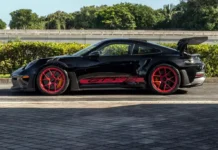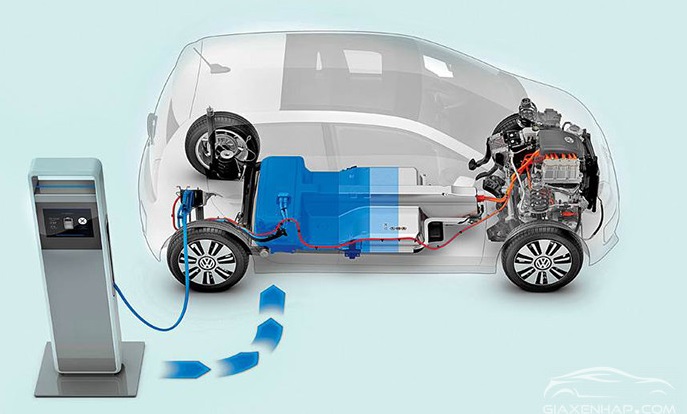Starting from February 2027, electric vehicles sold in Europe must have a battery passport.
According to this, the battery passport will provide detailed information about the supply chain, the source, and other information about the raw materials of the battery pack such as performance and durability.
This new regulation from the European Union (EU) requires battery or vehicle manufacturers to disclose the amount of carbon emissions from the production process and gradually move towards recycling information.
Ellen Carey, Director of External Affairs at Circulor, the company responsible for producing battery passports, said: “Many manufacturers do not really understand the supply chain, and they can change suppliers 3-4 times a year depending on contracts. This is quite common in the mass market segment, where companies constantly try to minimize costs.”
Carey said that the passport will cost between 7.6 – 13.95 USD (186.6 – 342 thousand VND) per battery pack.
Currently, the battery passport developed by Circulor for electric vehicles can disclose the origins of cobalt, lead, lithium, mica, and nickel in the battery, with information such as where they were mined, how much they weigh, and how long they were processed.
Currently, the information required for the battery passport is still being discussed. The Battery Passport Consortium has been established to manage this issue, with the sponsorship of the German Federal Ministry for Economics and Climate Action and collaboration with car manufacturers such as Audi and BMW.
The battery passport will use industrial Internet of Things data to identify organizations believed to be in the manufacturer’s supply chain and use application programming interface data as well as enterprise resource planning data to create a digital copy of the traceable battery on paper.
TH (Tuoitrethudo)


































![[Quick Review] Hyundai IONIQ 5 – A Vehicle from the Future](https://vnauto.net/wp-content/uploads/2023/10/xehay-hyundaiioniq5-18052022-2-150x150.jpg)













